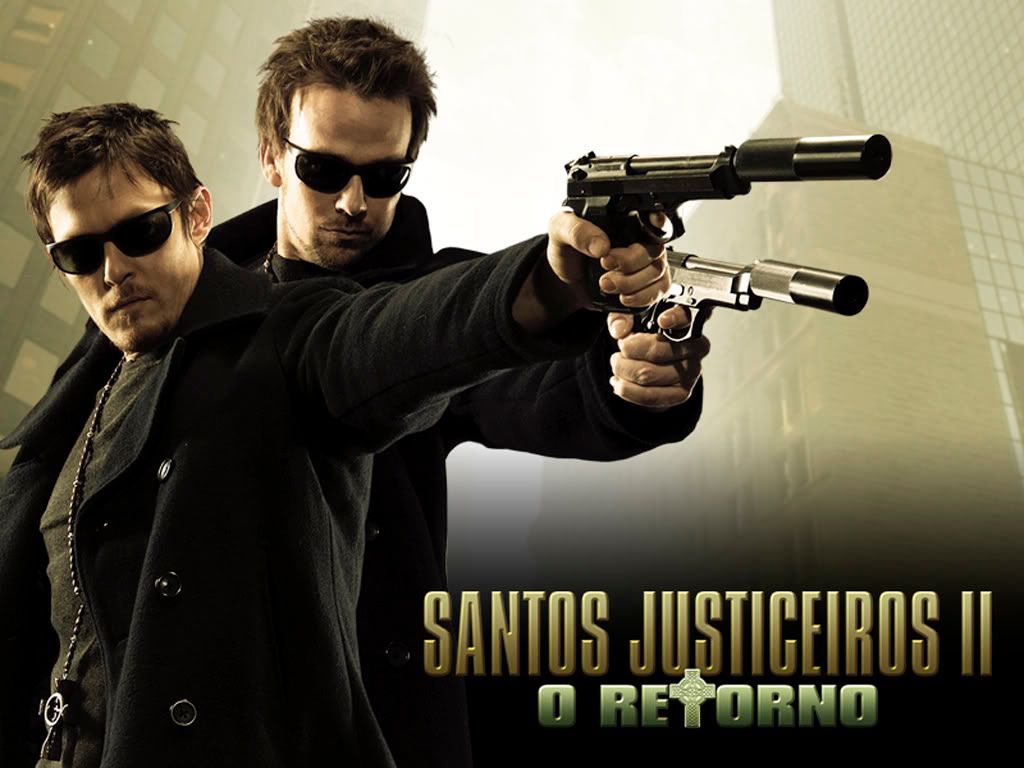Morning Prayer
A homily
1/30/13
Mark 6:14-29: The beheading of John the Baptist
When Herod heard John, he was greatly perplexed; and yet he liked to
listen to John.
-Mk 6:21
This past fall, there was a production of
Shakespeare’s Macbeth in Edgerton Park. It was my first time
seeing the play live. While I knew a broad
outline of the plot I was surprised by the potency of the
psychological breakdown I witnessed in the character
of Macbeth. As I have thought about
this passage from Mark over the past few days, I am reminded of the scene
in which Macbeth’s friend, Banquo--who Macbeth sent men to
murder--appears as a ghost and
sits in Macbeth’s seat.
This unhinges Macbeth, and Banquo is a silent
witness who convicts Macbeth of
his deeds. I find that scene to be a
powerful testimony to how the insatiable lust
for power and self-protection can become
all-encompassing and soul-destroying.
Herod is seeing ghosts,
too. In fact, Herod says ‘John, whom I beheaded, has been raised.’(Mk 6:16).
I think Herod and Macbeth have something in common here: men whom both Herod and Macbeth respected had to die to preserve their own illusions of power. But they eventually come to regret the decision.
The comparison between
Macbeth and Herod may seem strange, but bear with me a moment.
The narrative of the beheading of John appears in Mark and Matthew. (Luke treats the subject as an aside and little more). In Matthew, the story is a bit cleaner. Herod’s villainy is clearer. Herod hated John, but could not kill him because he feared the people (Mt 14:5). There is a sense of Herod’s personal willingness to kill John in spite of the mere political considerations that had previously kept John alive. Herod did not want to upset the people. But an oath was an oath. John had to die. This is how I thought of this story in broad outline. Herod was enabled to do something evil he wanted to do anyway.
The narrative of the beheading of John appears in Mark and Matthew. (Luke treats the subject as an aside and little more). In Matthew, the story is a bit cleaner. Herod’s villainy is clearer. Herod hated John, but could not kill him because he feared the people (Mt 14:5). There is a sense of Herod’s personal willingness to kill John in spite of the mere political considerations that had previously kept John alive. Herod did not want to upset the people. But an oath was an oath. John had to die. This is how I thought of this story in broad outline. Herod was enabled to do something evil he wanted to do anyway.
Mark tells a slightly
different story:
“Herod feared John, knowing that he was a righteous and holy man, and Herod protected him.
When he heard John, he was greatly perplexed; and yet he liked to
listen to John (Mk 6:20).”
Something about John
appealed to Herod. Here is what I think was
happening: somewhere deep within
Herod--having withstood years and
years of political calculation and
power plays--John could touch the good
within Herod. John could bring to the
surface the better urges of Herod in ways Herod could not
fully comprehend. In this we see that something in Herod could have chosen the good. Both Macbeth and Herod chose otherwise.
And now, after seeing what happens
to Macbeth in the banquet hall when the ghost of Banquo
enters--how Macbeth rages in fear
and confusion--I now can’t help but
wonder what it would have been
like in that banquet hall when
Herod’s daughter asked for John’s
head.
I wonder if Herod could show
emotion. Could you see that he was "deeply grieved"? Did he have to keep cool
to avoid appearing weak politically? Would someone be able to
tell he had been outwitted? I want to see Herod’s face
when he decides not to risk
his honor, not to save a life.
You see, I think when Herod ordered
John killed, he knew that something of
the good within himself was also being diminished. Herod created the ghost of
John, which would serve as a
reminder of the shame that came from choosing to kill for something so
small as saving face at a dinner party.
But before I make Herod a
moral monster--a class apart from the
so-called everyday folks, and so safe from
comparison--I am reminded that
sometimes I might be able to see the
same conflict on my own face.
Even in something so
service-oriented as ministry, we are entrusted with
positions of power. We may not deal with
matters as dramatic as the
decision over who lives or who dies, but we are entrusted in
various ways with some authority over a
community.
Theologian Karen-Marie
Yust writes that: “The challenge of the 21st
century is for the Body of Christ to read
our own decisions in light of this story and ask ourselves whether the choices we are making
are self-protective, or part of God’s
transformation of the world.”
I invite you to wonder
with me.
Who in our lives will be,
or already is, John the Baptist to us?
Who will simultaneously
perplex us and yet call us to
something of the work of God we may not yet understand?
If a time comes when we
may need to choose between the preservation of our
ego or our status or the institution for the sake of power…or the transformation
through God of those very same things...
What will we do?
May you live a life free from ghosts.
Amen.


